Cape RADD researchers Dylan Irion and Mark Fitzgibbon recently presented their research at the 8th Southern African Shark & Ray Symposium in Makhanda, South Africa. Shark and ray experts from multiple Southern African countries attended the event in great numbers. The main themes for the symposium this year focused on conservation management. It also introduced education as well, giving delegates a very well-rounded discussion into shark and ray research.
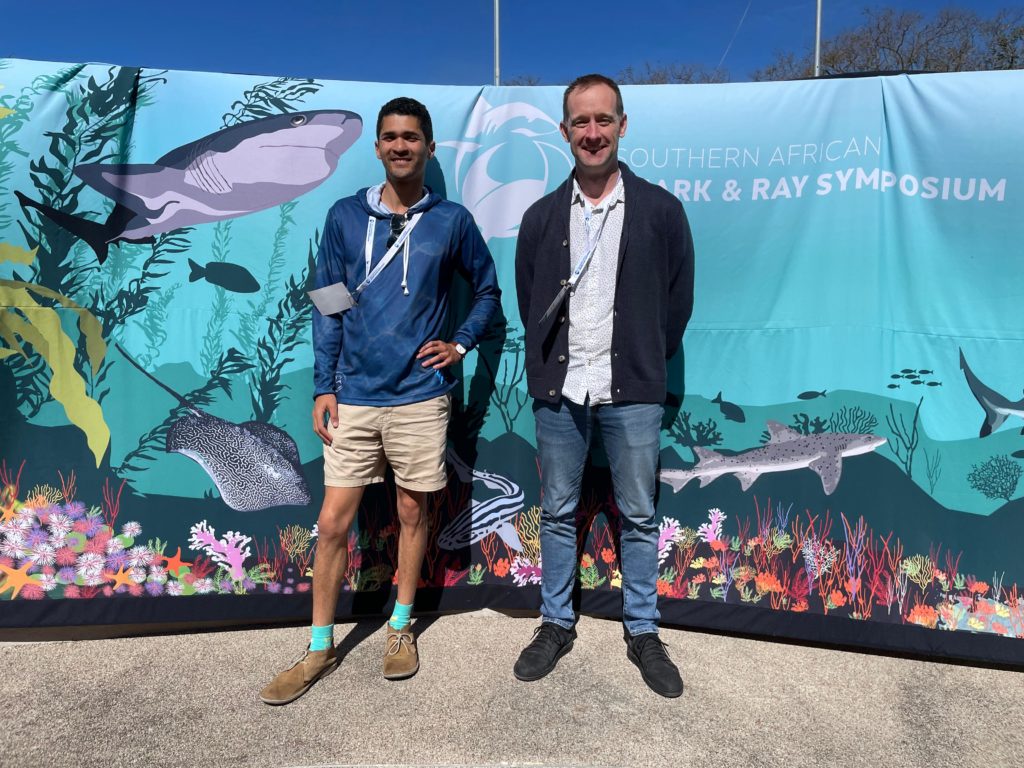
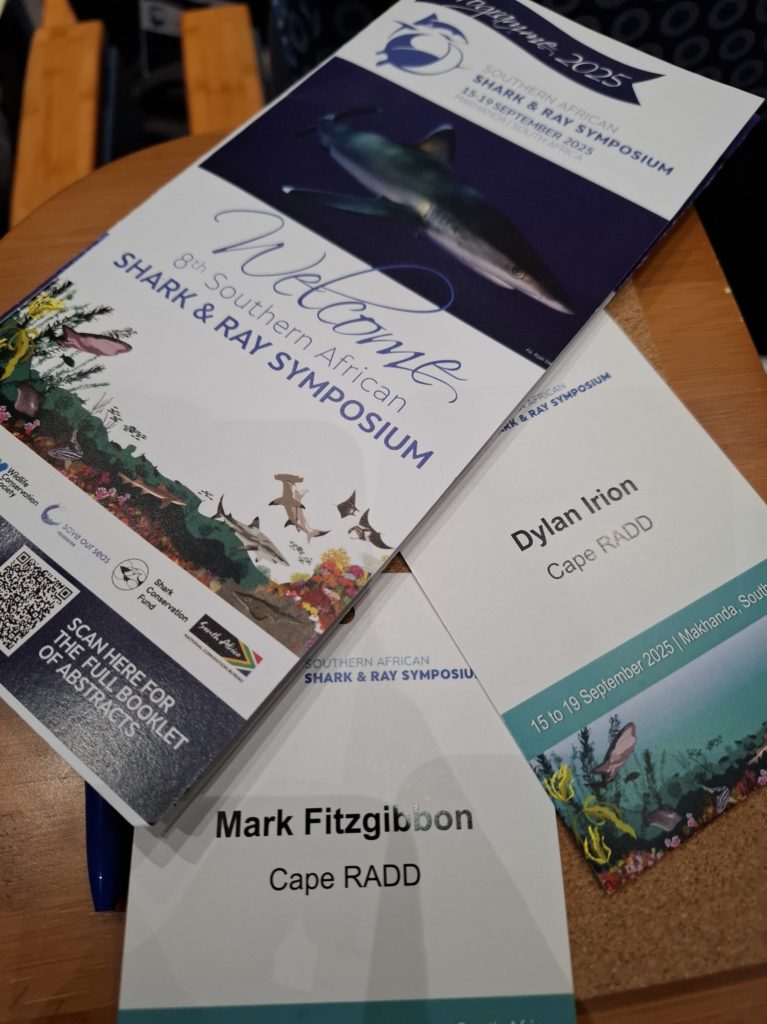
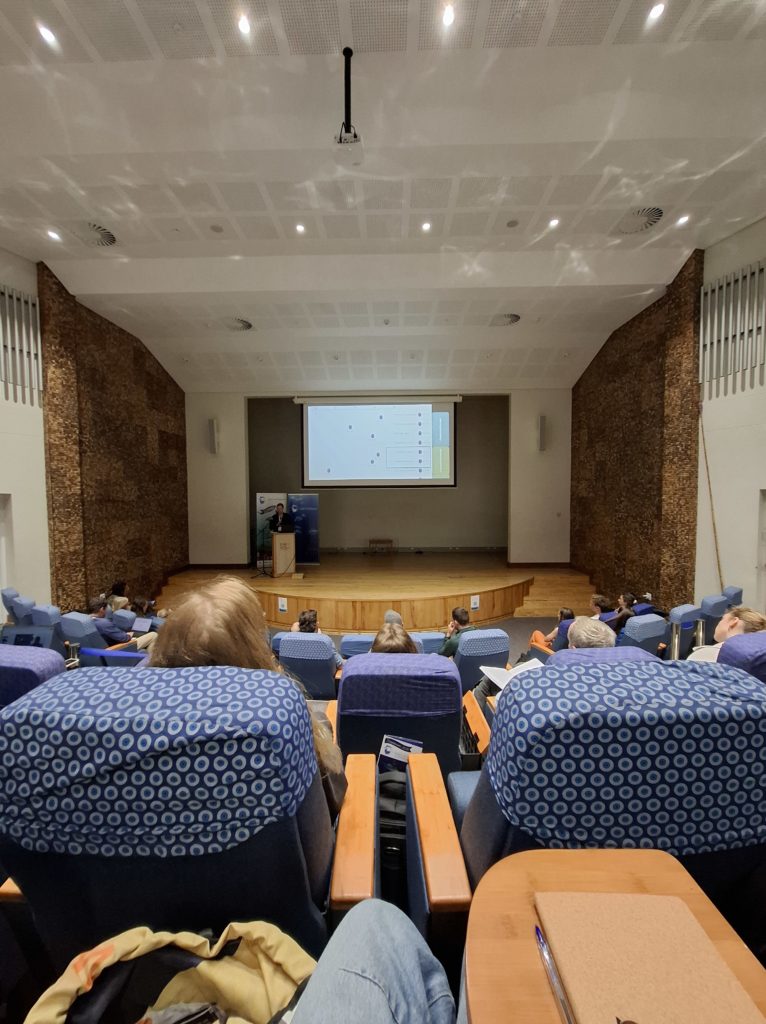
Day 1
The themes for the first day of presentations were biology, physiology, ecology and genetics. The keynote address was delivered by Kim Bassos-Hull, and spoke of how new discoveries in pelagic ray biology and ecology leads to enhanced conservation methods. The day began on a strong note and continued with a focus on how scientists use movement, abundance, and responses to anthropogenic environmental changes as key measures to guide population management.
Cape RADD junior researcher, Mark Fitzgibbon, presented his research project in the first session of day 1. His project compared subtidal and beach stranded egg cases in False Bay using citizen science. He emphasised that ecotourism-based citizen science has proven to be a valuable tool for both collecting data and engaging communities. The project also highlighted important areas and attachment species for shark reproduction.
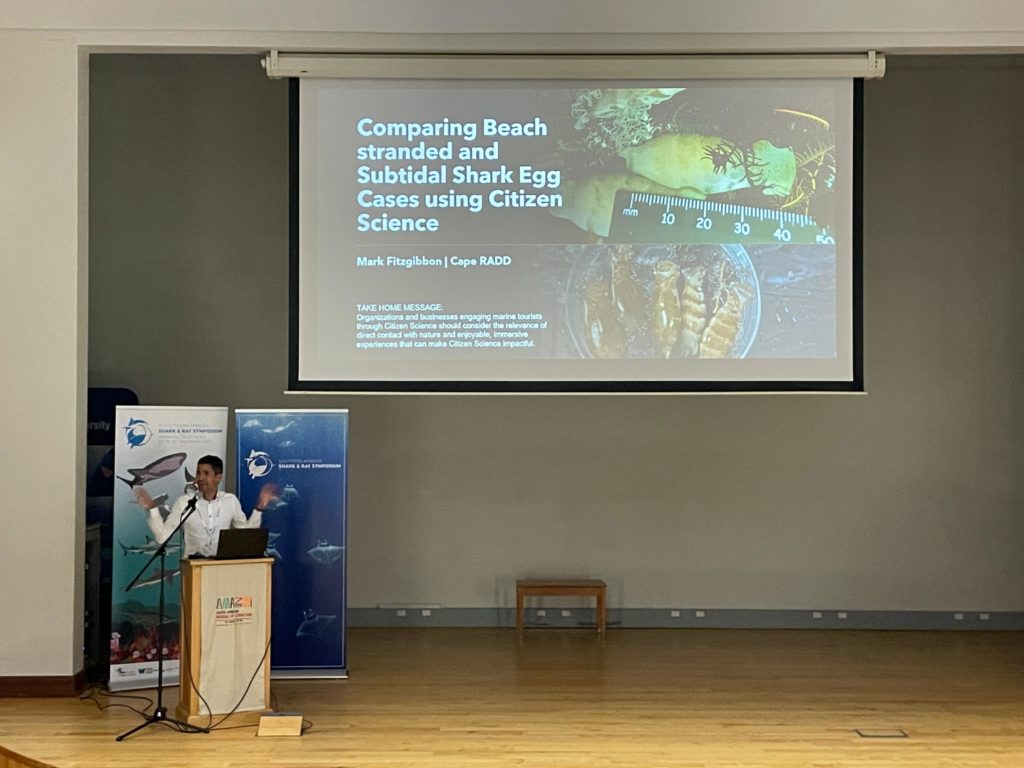
Day 2
The themes for the second day of presentations were conservation & management, and movement ecology. Miguel Goncalves, manager of the Maputo National Park, delivered the keynote address and shared an insightful talk on how science informs decision-making. The talks that followed all provided very useful management recommendations for the conservation of sharks and rays in Southern Africa.
Cape RADD co-founder and head of research, Dylan Irion, presented his research on integrating long-term datasets to estimate regional abundance of white sharks in Southern Africa using continuous-time population models. He discussed that by integrating long term photo ID and telemetry data into a continuous-time modelling framework, he aims to create the first robust, region-wide abundance estimates for white sharks in southern Africa. This will both advance science, and conservation.
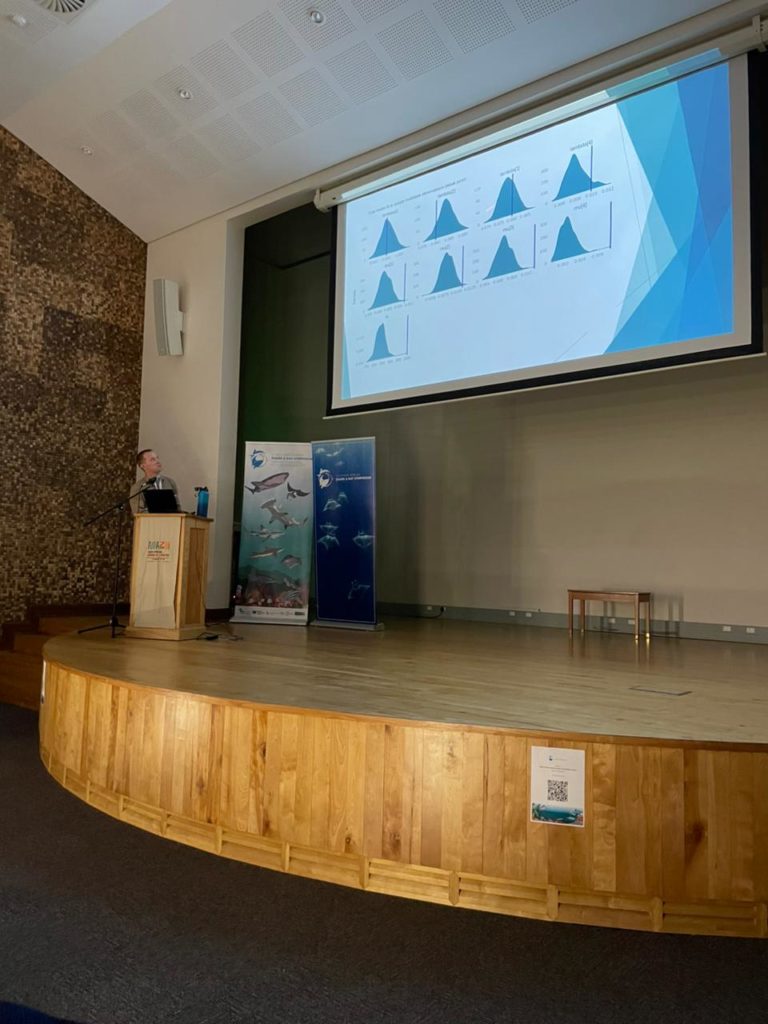
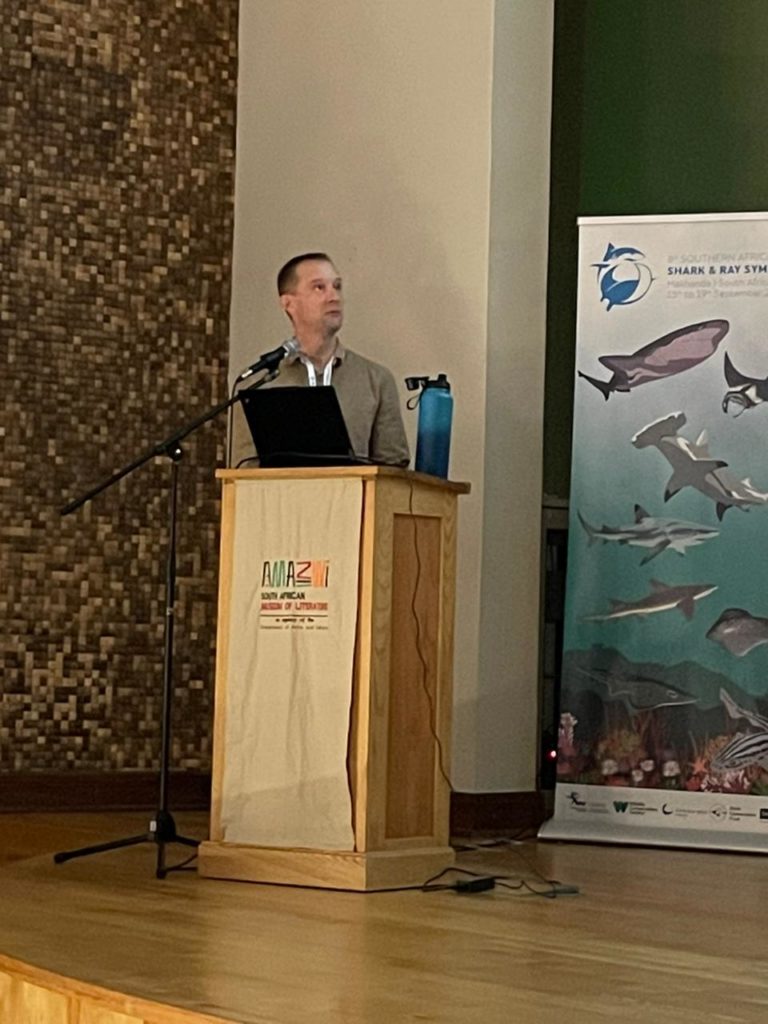
Day 3
The final day of presentations focused on Education, science engagement, shark & human conflict, and fisheries and trade. Elisabeth Fahrni Mansur delivered the keynote address, captivating the audience with a beautiful talk on her travels and her education research and outreach programs. The speakers who followed offered insightful presentations, especially valuable for marine scientists, addressing science communication and education, which previous symposia had often overlooked. The speaker winning best presenter was Wade Naude from the Save Our Seas Foundation Shark centre, giving an engaging and interesting talk on decolonising the terminology and language in marine conservation.
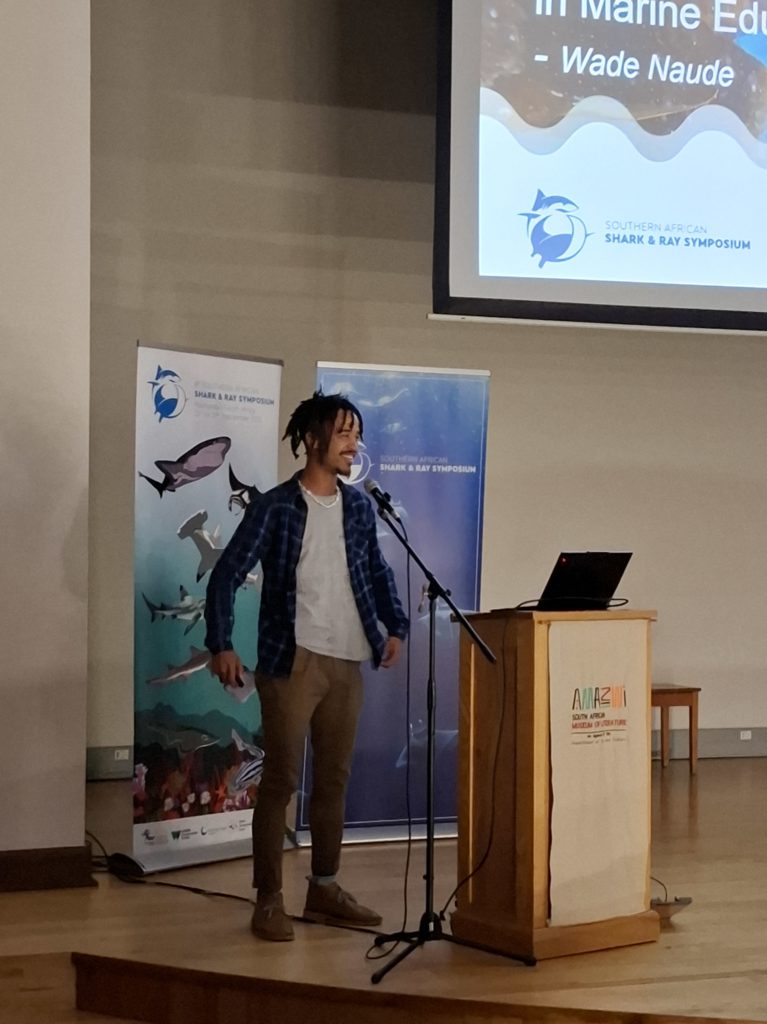
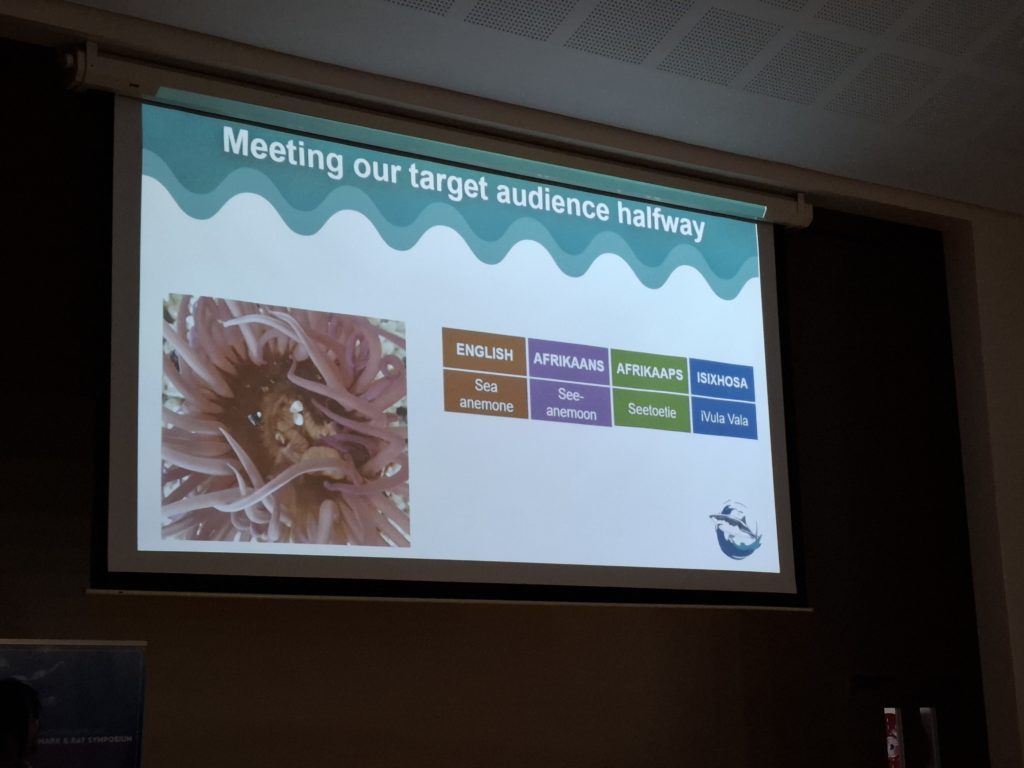
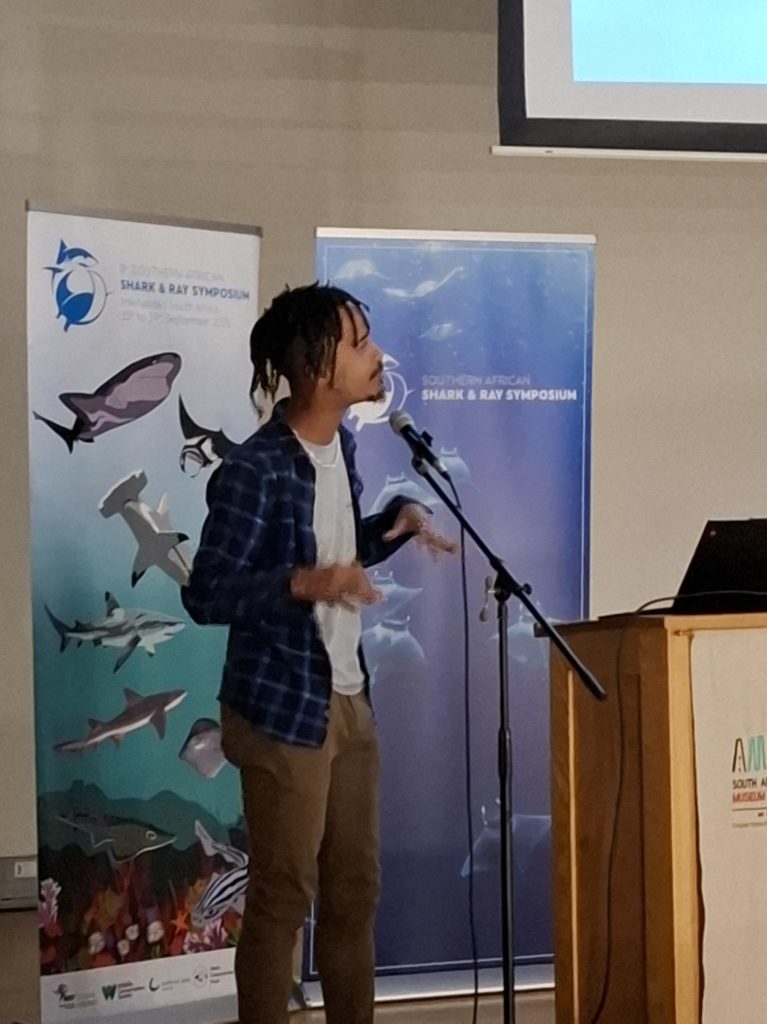
The talks on shark & human conflicts were particularly interesting, as there were many conflicting opinions expressed on the matter. Experts rigorously debated topics involving safety and shark attack mitigation, which have been especially prominent in recent media coverage.
Overall thoughts
The organisation and level of presentations this year impressed us immensely, and we thank the organising committee of the 8th Southern African Shark and Ray Symposium. We look forward to future symposiums and hope to share more of our research with our peers. Below are a few more images from our time in Makhanda.
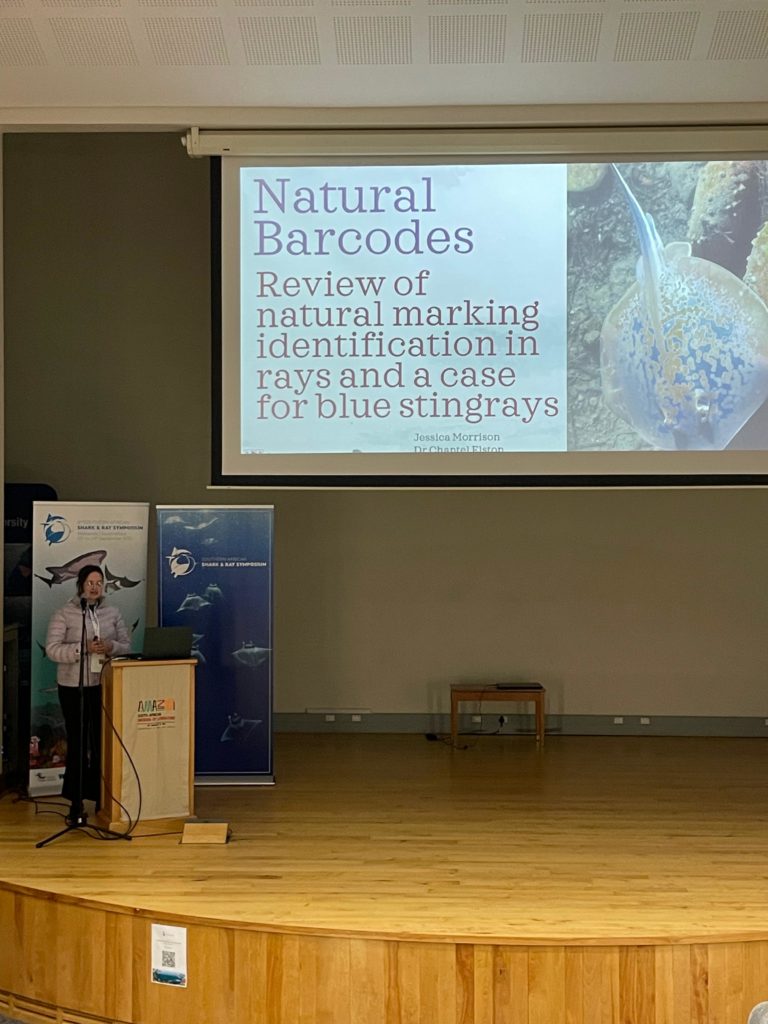
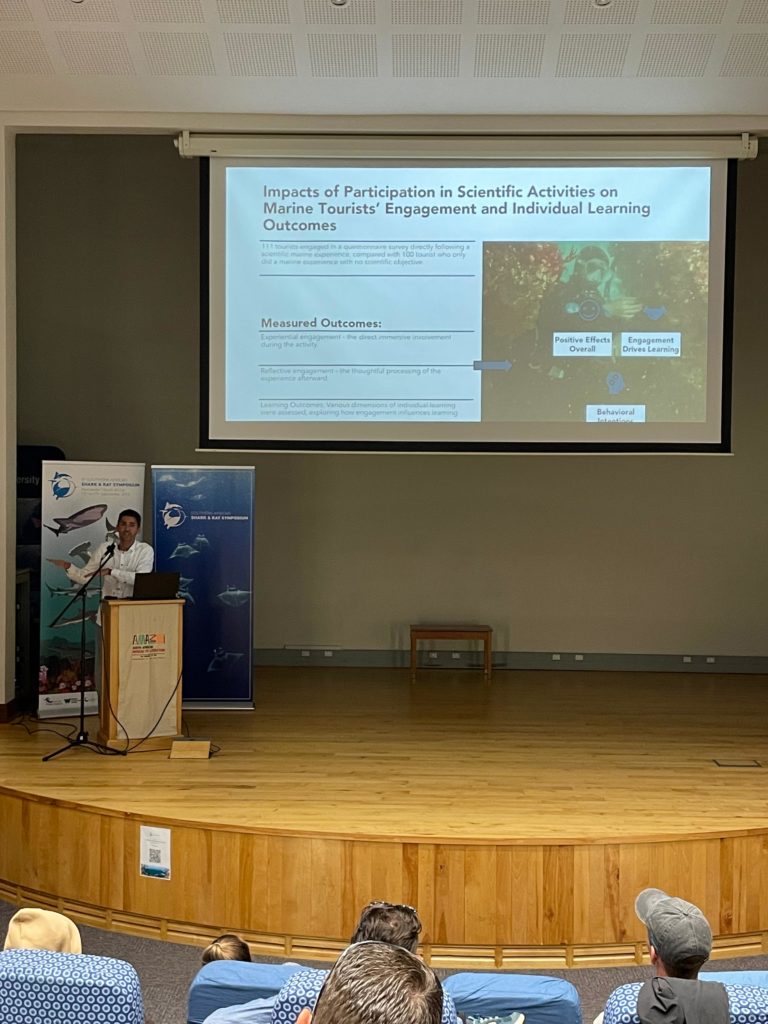
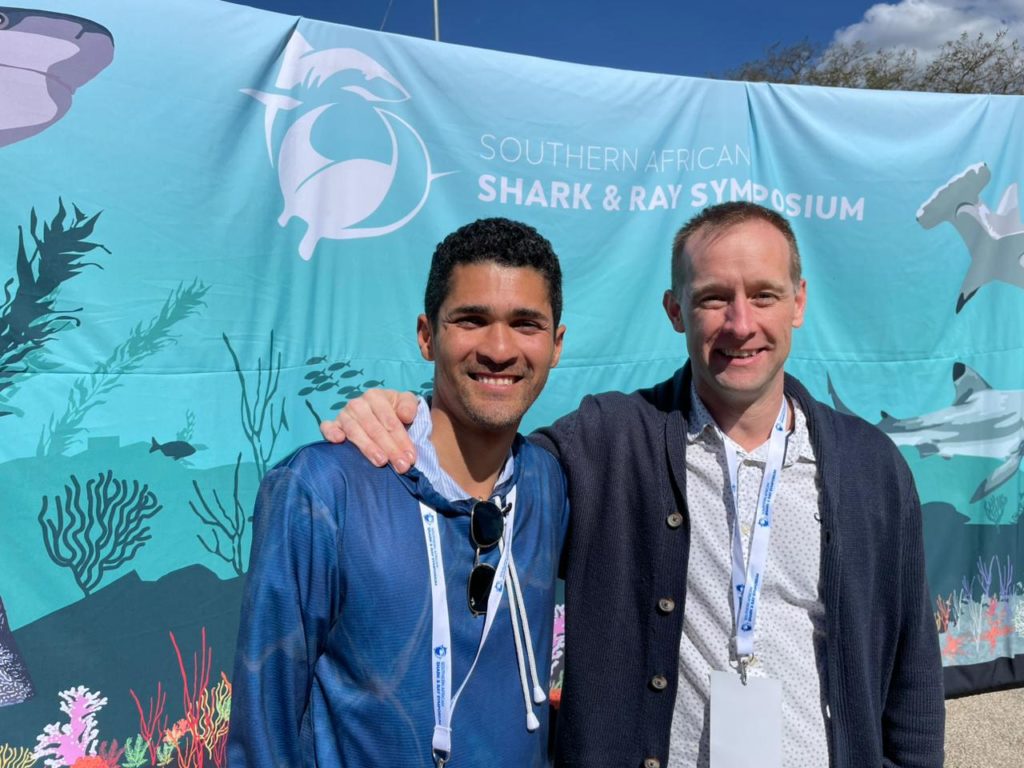
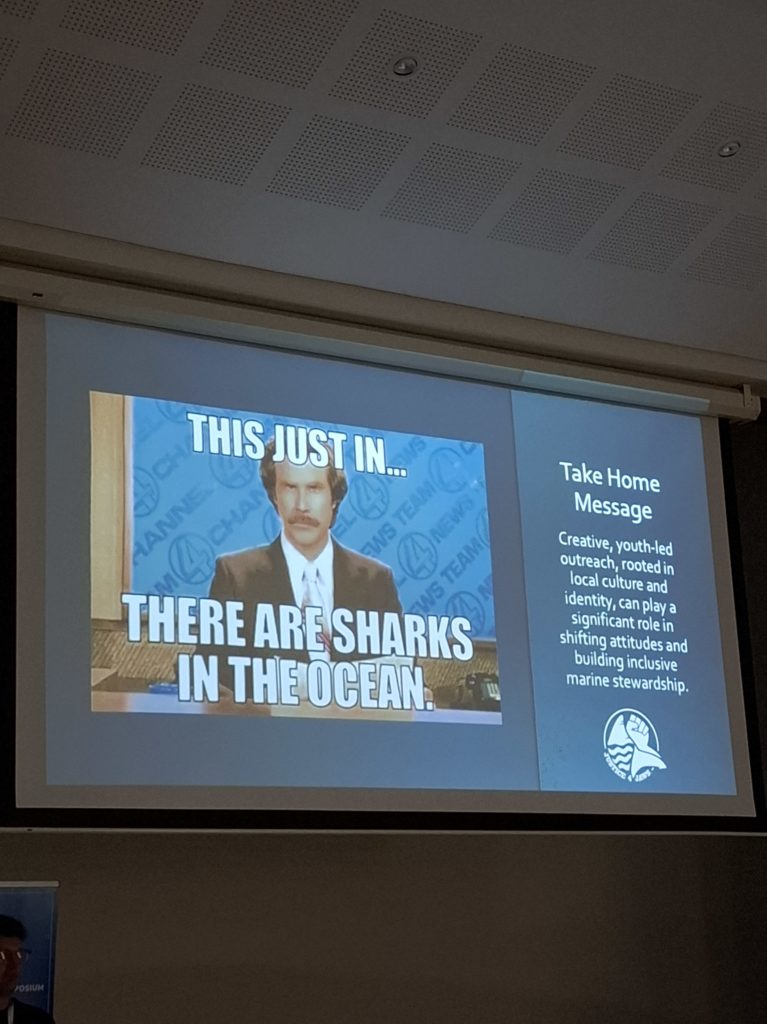
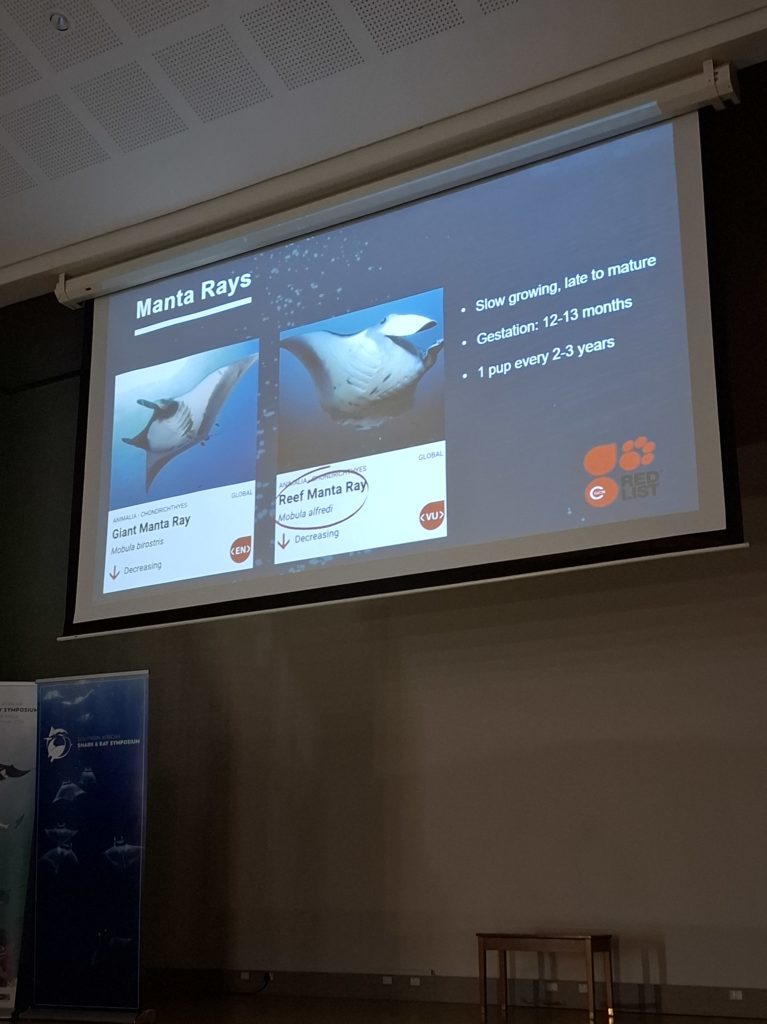
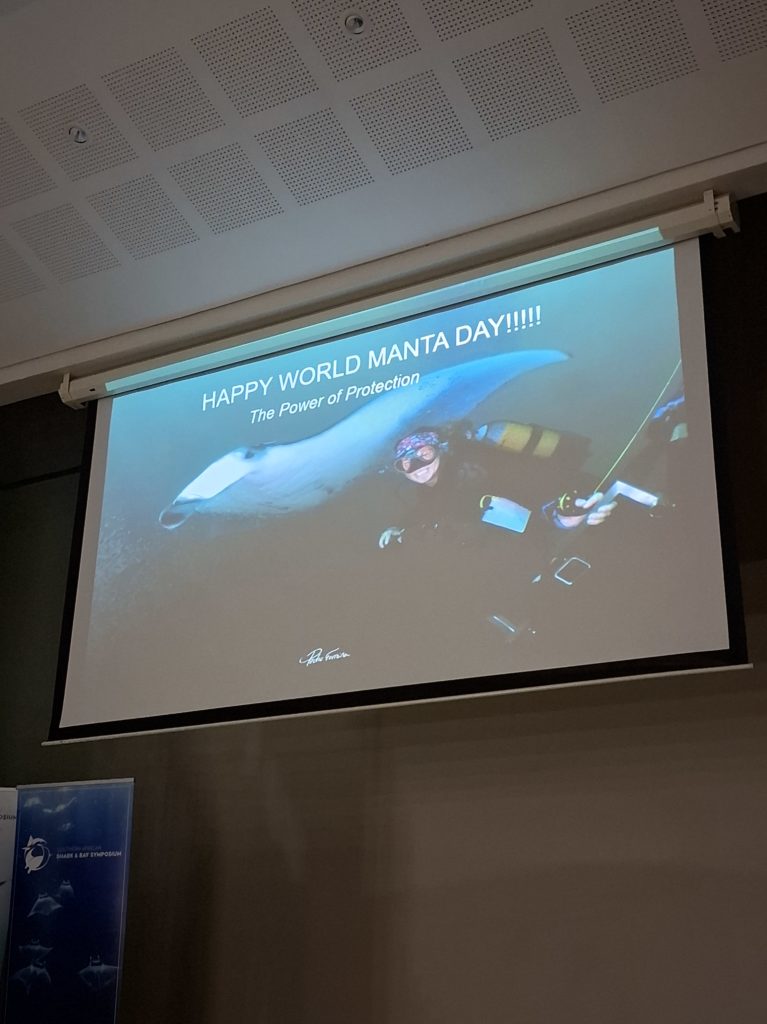
0 Comments